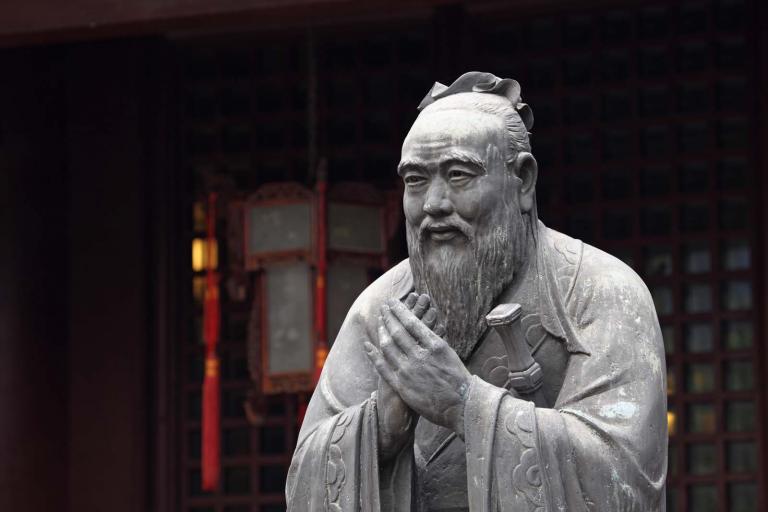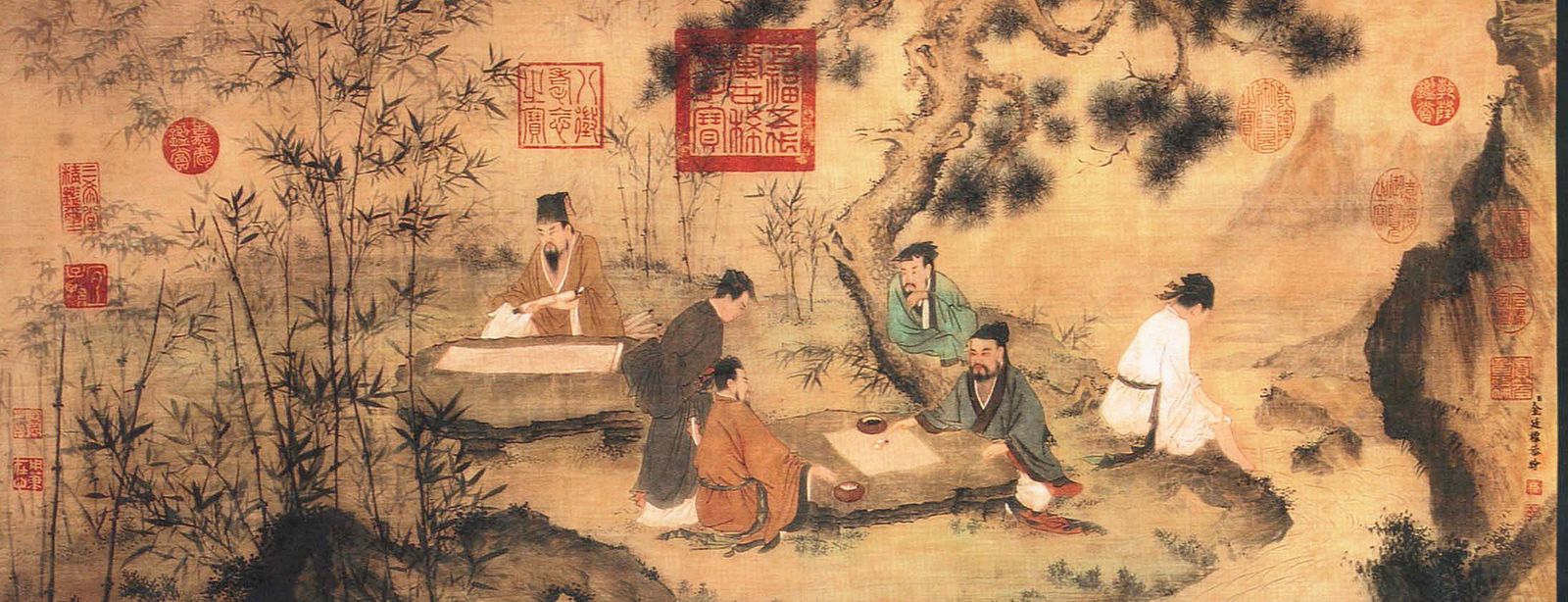Confucianism
3 min readConfucius(551-479 BC), known in China as Kongzi, given name Qiu and alias Zhongni, was a native of Zouyi(present-day Qufu in Shandong Province) of the State of Lu during the Spring and Autumn Period (770-476 BC).A great thinker, educator and founder of Confucianism, Confucius is an ancient sage to the Chinese people. His words and life story were recorded by his disciples and their students in The Analects(Lunyu).

An enduring classic of Chinese culture, The Analects has influenced all thinkers, writers and politicians in the over-2,000-year-long history of China after Confucius. No scholar could truly understand this long-standing culture or the inner world of the ancient Chinese without this book.
Much of Confucian thought on Heaven and people represent universal human values. This is perhaps why Confucian thought in the 21st century still retains the interest of not only the Chinese but also people in other parts of the world.
Confucius on Heaven: the Source of Everything
In the Shang(1600-1046 BC) and Zhou (1046-256 BC) dynasties, the prevalent concept of”Heaven”was that of a personified god, which influenced Confucius.
Generally, however, Confucius regarded “Heaven”as nature. He said,”Heaven does not speak in words. It speaks through the rotation of the four seasons and the growth of all living things.”Obviously, Heaven equaled nature, in the eyes of Confucius. Moreover, nature was not a lifeless mechanism separate from humans; instead, it was the great world of life and the process of creation of life.
Human life was part and parcel of nature as a whole.
Confucius’ equation of Heaven with the creation of life was an innovative idea in his time. The natural process of life creation was the”way of Heaven.”
This idea was later developed in The Book of Changes(Yijing), as it stated “Continuous creation of life is change.”

As the natural process of creation of life, Heaven was the source of all living things and the source of all values. This was the”virtue of Heaven.”Thus, The Book of Changes said,””The great virtue of Heaven and Earth is creating life.”
In the natural process of creation of life, Heaven had its inner purpose in creating all things as well as protecting and improving life. Heaven had originated humanity, and humans were obliged to accomplish this purpose. In other words, humans are born with a sense of “heavenly mission,”and this is the meaning of human life.
Confucian”Heaven”also had a certain sacred element, which was related to it being the source of life. Thus Confucius required people to hold Heaven in awe.
He says that a person of virtue must”respect his heavenly mission,”listen to and live out the purpose of Heaven by caring for and improving life.
Under the influence of Confucius, the ancient Chinese developed a sense of awe and belief in Heaven. To them, Heaven was the highest sacred being, with its profound mystery never to be fully understood by mortals.It was not a supernatural,personified deity,but was the world of ever-generating life.As the most intelligentof all beings,humans should take to heart the purpose of Heaven by cherishing life.
If one remained“ignorant and disrespectful of one’s heavenly mission”by killing or maiming life,one would be punished by Heaven.Confucius said,“He who offends against Heaven has none to whom he can pray.”The Confucian respect for and belief in Heaven represented a form of religious spiritualism of the ancient Chinese.
In the 2lst century,the Confucian caveat of“standing in awe of the ordinances of Heaven”still holds true,as human society begins to pay greater attention to ecological civilization.Humans should indeed listen to the voice of nature,respecting and loving it as the world of life.This is our sacred mission and gives value to all human life.









